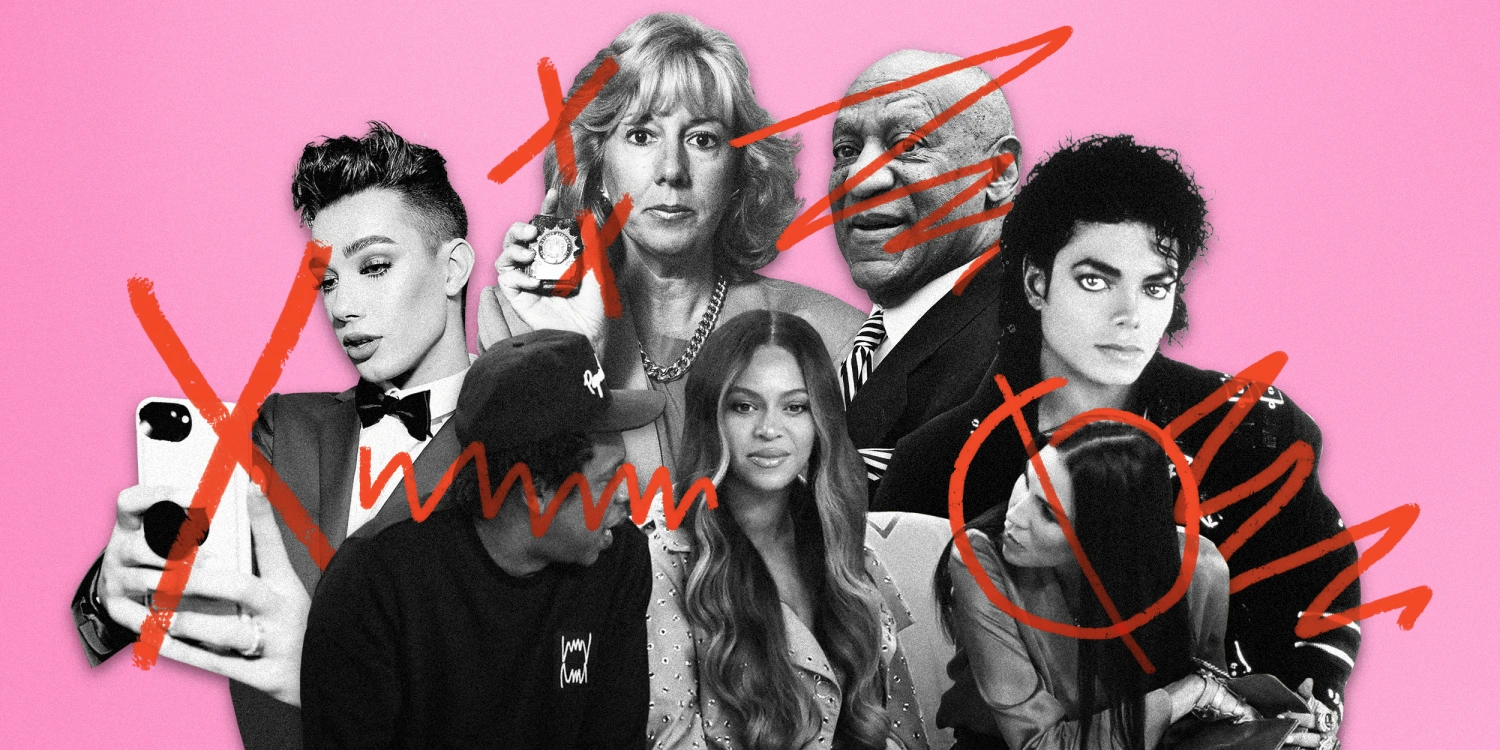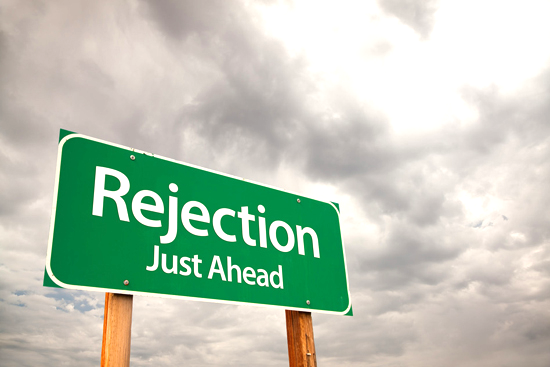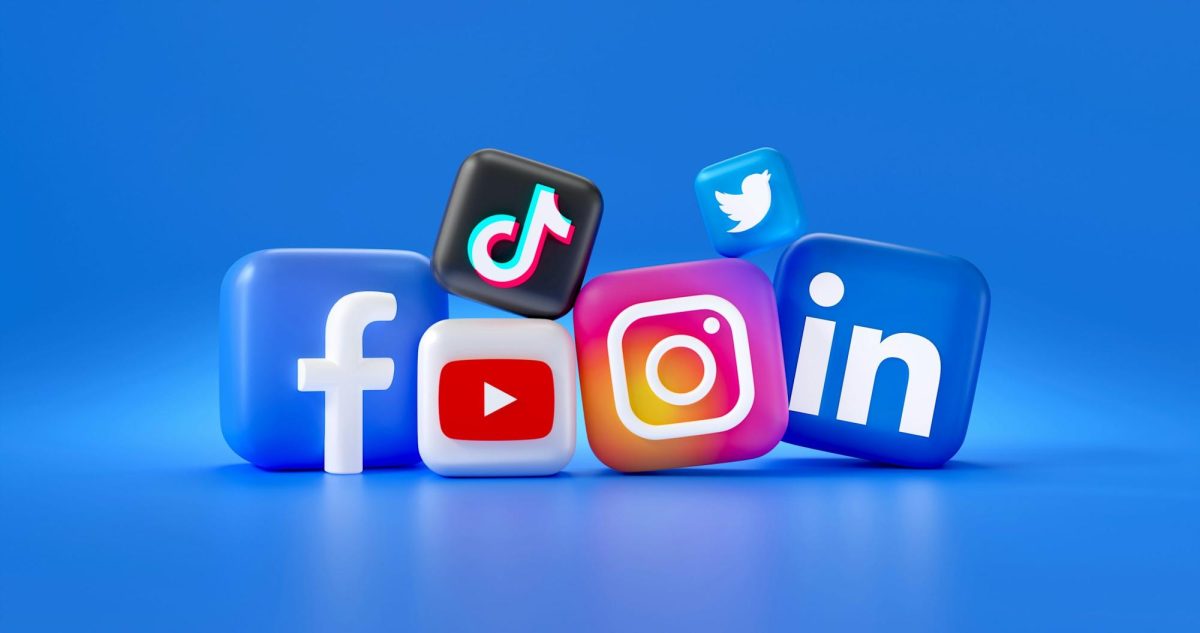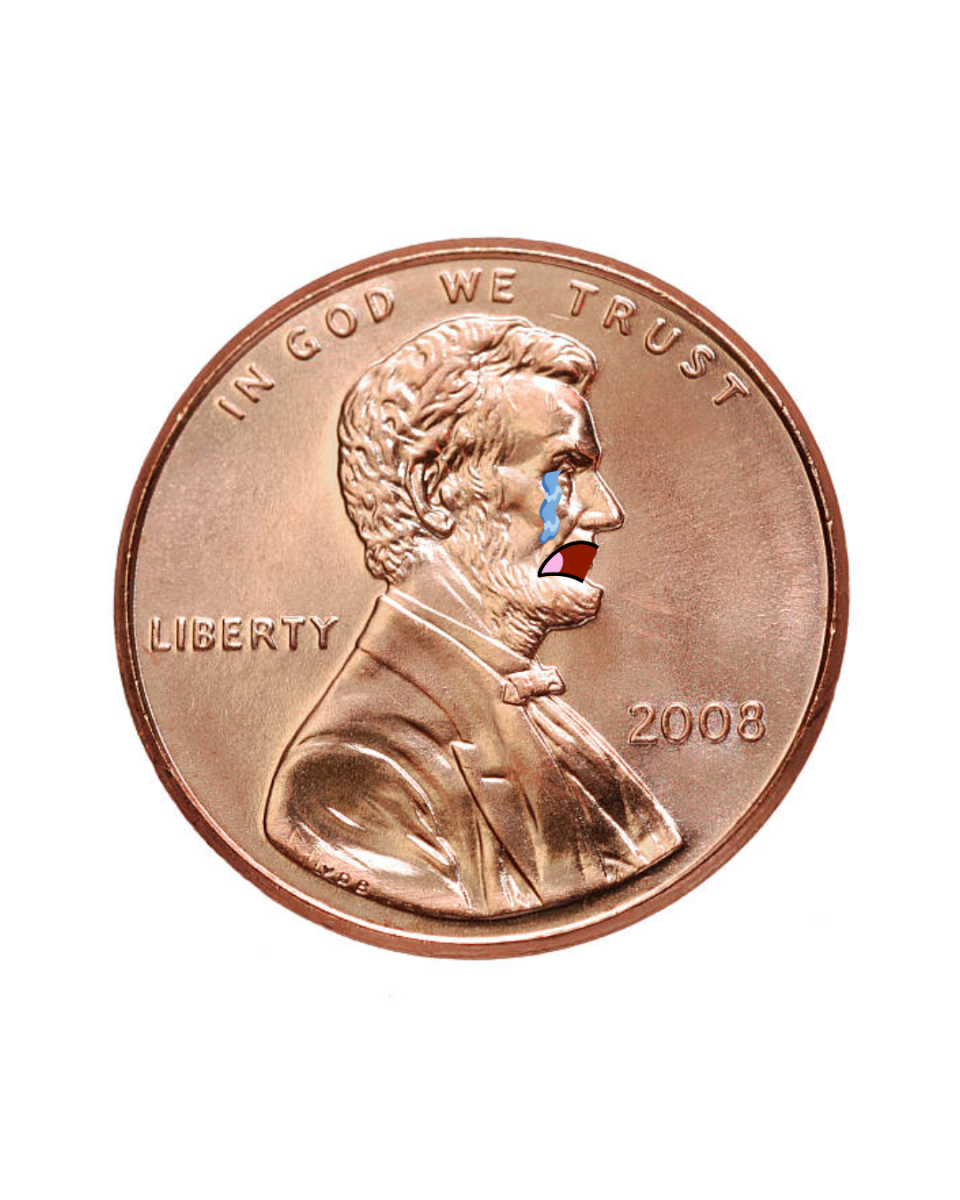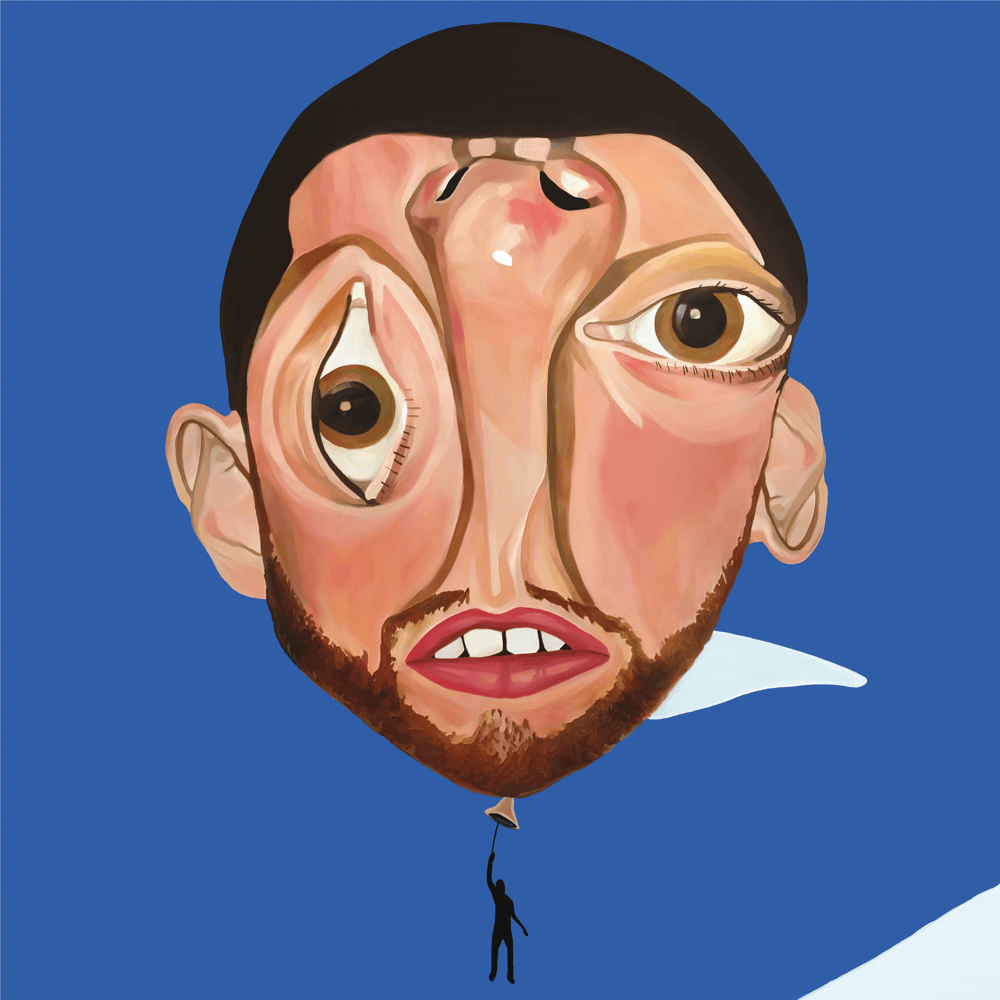We constantly see celebrities complaining about not being able to speak their minds without the fear of being “canceled.” But is cancel culture even a legitimate fear?
Cancel culture is a movement to boycott celebrities or companies who make socially unacceptable comments, usually racist or homophobic.
It’s used as a form of punishment to show disapproval for the things these seemingly untouchable people do or say.
As much as we talk about it, cancel culture isn’t real.
Cancel culture has not proven to impact celebrities’ careers. After a couple of weeks, they always seem to bounce back from the hate.
We’ve seen countless examples of people who’ve been “canceled,” and still have thriving careers. Celebrities such as singers Lizzo and Justin Timberlake have managed to keep their fans defending them over and over again.
Lizzo was sued for sexual harassment and creating a hostile work environment by her background dancers. The case is still ongoing, so nothing has been proven, but many people backed her dancers.
Timberlake was canceled after his ex Britney Spears claimed he coerced her into getting an abortion when they were together.
Both celebrities regained their fans after the news articles died down, facing backlash for a couple of weeks and then moving on.
Rapper Kanye West is infamous for his crazy comments, which range from mildly inappropriate to outright offensive with anti-semetic tweets and in 2018 going on TMZ Live where he said “When you hear about slavery for 400 years … For 400 years? That sounds like a choice.”
He’s somehow managed to keep a huge fan base and faces seemingly no consequences for his actions.
Why do we pretend to keep up with this idea of “canceling” celebrities that is not even working?
Most just want to pretend they have the power to hold celebrities accountable.
If done correctly, there is a way to hold celebrities accountable, but this system of overbearing online bullying for a couple of weeks and then just forgetting anything happened is not working.
There needs to be a way to educate celebrities and acknowledge there is an issue, without bullying and forgetting.
So why are people complaining about celebrities facing repercussions over their comments?
Some find it harsh that canceling someone has become online bullying and ruins people’s careers. But who’s honestly had their career destroyed?
Matt Rife, a semi-famous stand-up comedian was making headlines over a joke he made. On his Netflix special, “Natural Selection”, he jokes about a woman he saw who looked like she was being abused.
Many found this disgusting and after many of his fans called him out he took to Instagram. He posted on his story-telling fans to click a link to find his apology, where they were directed to a website to purchase special needs helmets.
As much as people felt offended, the comedian has still been very active in the world of stand-up. Most of his time is now spent on alpha male podcasts, but his career doesn’t seem to be suffering much.
Rife isn’t the only celebrity this has happened with. Kanye, Doja Cat, Jonah Hill and so many more.
Some celebrities have truly been affected by cancel culture but only when it gets to an extreme point.
People like R. Kelly and Harvey Weinstein have not recovered from the backlash.
- Kelly lost the majority of his fans after he was convicted of sex trafficking underage girls.
Harvey Weinstein was found guilty of multiple charges including rape and sentenced to prison.
Both of these are extremely horrible crimes so why does it take prison for people to finally admit their favorite celebrity isn’t a good person?
Many fans like finding excuses for what these celebrities have done, instating a victim complex within many.
Chris Brown has leaned into the victim complex to an extreme level. After he was convicted of domestic abuse for hitting ex-girlfriend Rihanna he attempted to shift the blame to her. In his documentary, he claims they both hit each other and seemed to try to take the blame off himself.
In 2012 he also tweeted “DEAR MEDIA.. Ur plan is not working…I’m not going anywhere so get used to me,”
As much as I hate to admit it, he wasn’t wrong. He still was able to be successful and hasn’t seemed to go anywhere, with a documentary released in 2017 and multiple successful albums.
It’s important to be able to separate the art from the artist, however being able to acknowledge your favorite singer, actor, etc. not being a good person is essential to holding celebrities accountable.
With so many calls that cancel culture is “toxic” it seems to be nonexistent.


